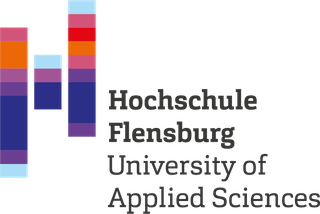Rule-based machine translation in a student project.
Wittkowsky, M. (2016). Rule-based machine translation in a student project. European Academic Colloquium on Technical Communication. Berlin: European Association for Technical Communication – tekom Europe e. V. und Elisabeth Gräfe. Stuttgart: tcworld.
